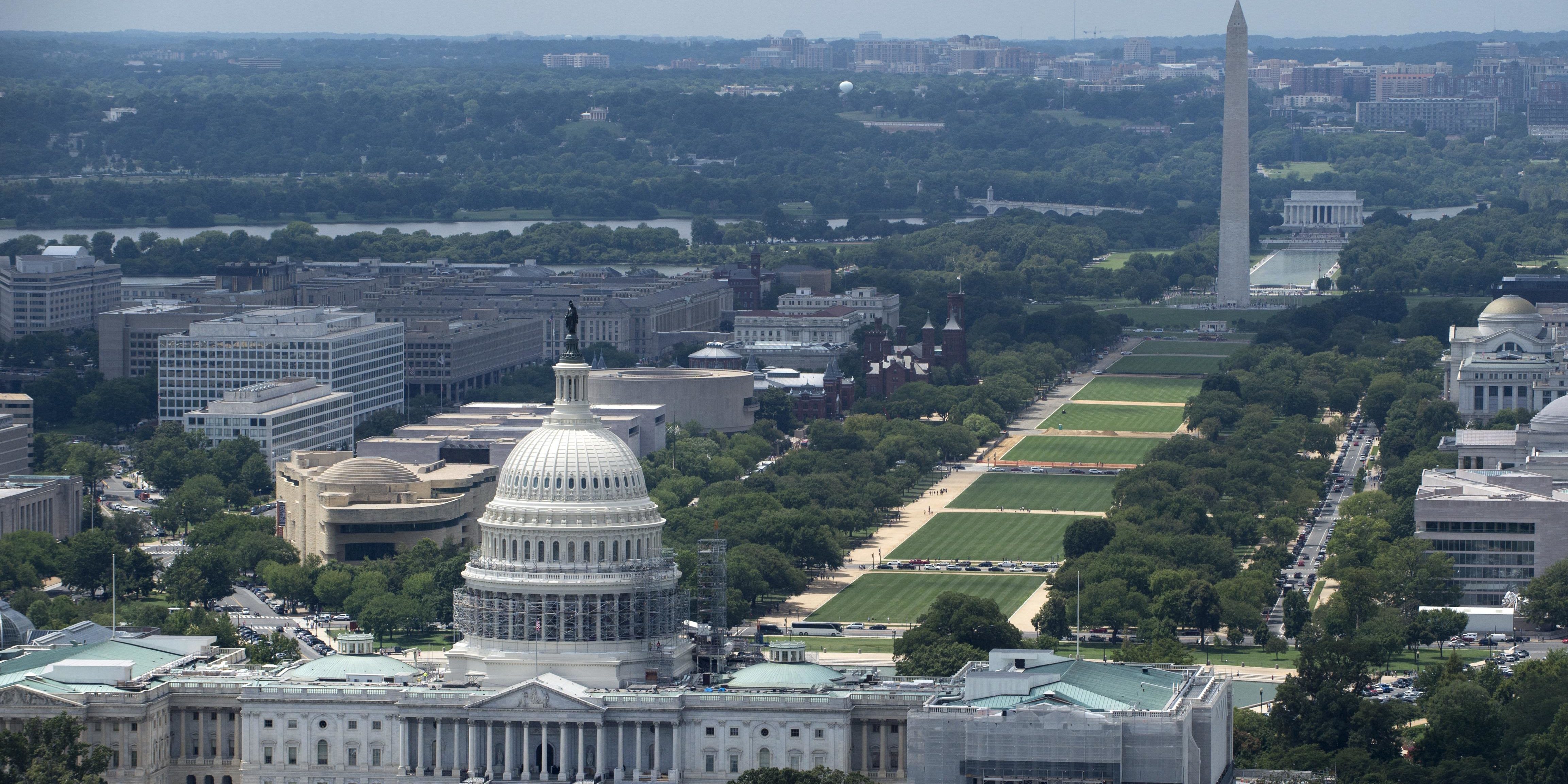On Partisans and Truth
On two separate occasions recently, I’ve heard variations of a critique: “Don’t be partisan,” someone said to me recently when I told him about a talk I’ve been asked to give in Washington next month. “I’d like to share it, but it’s too partisan,” came from another friend who read a piece I wrote a couple weeks ago about the oath I swore to defend and uphold the Constitution. In both cases, I was taken aback. I know I’m a Democrat, but both of my friends know that, too. They’ve seen my resume, they know where I’ve worked. But why the criticism? In my analytical work, I pride myself on reporting what the data says, not what I might want it to say. I sincerely don’t think of myself as a partisan analyst, but I found myself preoccupied over the next couple of days reflecting on their remarks.
On the one hand, I’ll own some of it. In my opinion writing, I have a definite point of view. I don’t apologize for it. I believe I’m right and I believe the facts support my analyses. But do I have a political bias? In general, I do, and I know I’m as susceptible to confirmation bias (the tendency to find evidence that confirms our previously held beliefs) as anyone else.
“But in my defense, I think I’ve also exhibited great restraint. As a national security analyst, I’ve been researching, writing, and speaking about the Russian attack on American democracy in 2016 since the summer of 2016—and more generally about the use of political warfare for nearly 20 years. Yet in all my engagements, I never accused the president of “collusion” with Russia because I simply didn’t know whether he had or had not. I’ve also been a critic of Democrats when events warranted. President Obama’s “red line” in Syria was a serious mistake that, like many of President Trump’s recent gaffes, was improvised.
For some, however, the mere criticism of a president of the other party is a partisan act, and in some cases, it absolutely is. But sometimes, criticism is simply the product of good analysis. Let me give you an example. Fifteen years ago, progressive politicians and activists dismissed the Iraq war with personal attacks intended to demean President George W. Bush. Those attacks were explicitly partisan. But a sober analysis could have questioned the judgment of a decision to go to war to change the regime in a place with no modern history of political stability. After World War I, Iraq was administered by the British Empire under the authority of the League of Nations. Between the end of the British “mandate,” as it was known, and the Ba’ath party’s seizure of power in 1968, there were 25 instances of extra-constitutional violence: coup attempts, assassinations, popular disturbances, and the like. That was one every 17 months. After Saddam Hussein came to power, the frequency of those disturbances stretched to one every 18 months. In the aftermath of the invasion of Iraq, we gave our military the unenviable task of stabilizing a country whose history is the very definition of the word “fractious.”
When I first discussed that history in public in 2007, I can remember my heart-rate rising as I expected a heated response from the audience. From the perspective of 2019, it feels more like reasonable analysis.
The danger we face today is that in a hyper-partisan environment, criticism of a president—or the converse, the defense of a president—is seen implicitly as a partisan act. That shouldn’t be the case. As thinking citizens, we should all be able to speak our convictions, but know that they will be subjected to scrutiny. If the facts and our analysis lead us to criticism, we can’t fear that. Nor should we silence ourselves if that same process leads us to defend someone, no matter their political party.
More importantly, as citizens who hold sovereignty in this republic, we need to be comfortable with critics of our political party, of our preferred candidates, of sitting presidents—as long as their criticism (or defense) is grounded in fact and good-faith analysis. Especially in this age of social media, we have to puncture the bubbles of orthodoxy that surround each of us. We have to look hard at our assumptions and biases. We need to invite dialogue with people who see the world differently than we do. We have to look for ways to find common ground and common solutions in response to common challenges.
The leaders of the early American republic understood that their task was not to ensure the political survival of a party or a politician, but to ensure the endurance of the republic itself. That should be our guide today, too.

